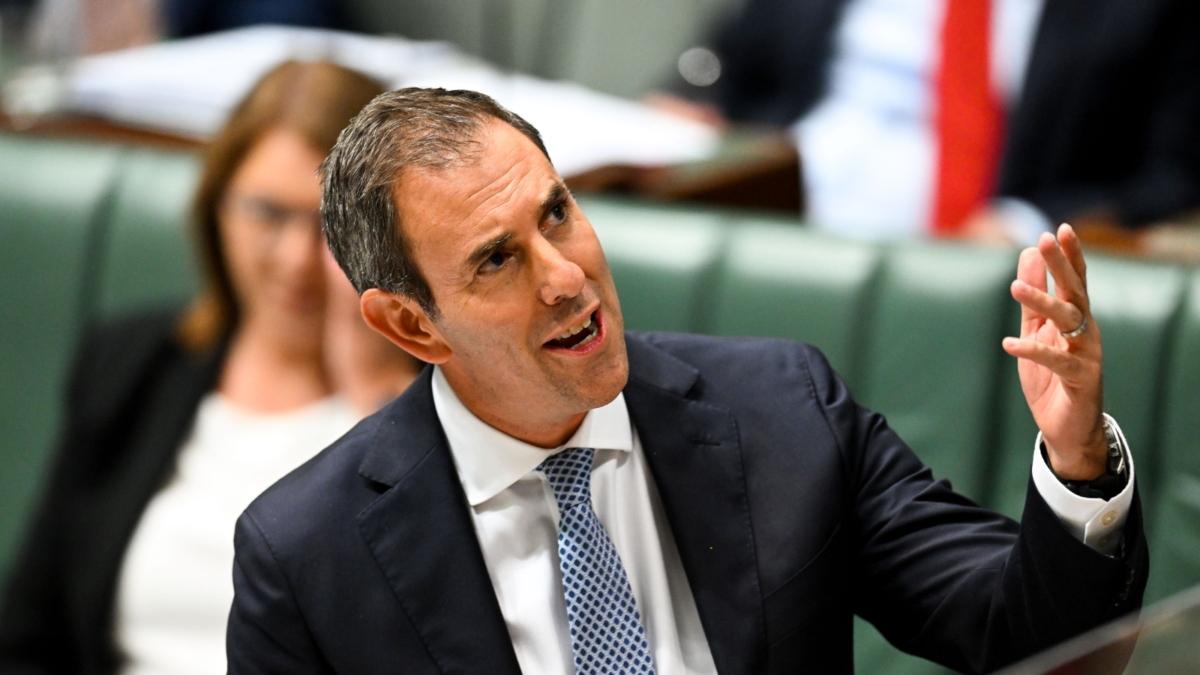Taking stock: is the financial sector good for the economy?
(Pictured: Ron Bird)
The growth and size of the financial sector in developed nations – a trend dubbed ‘financialisation’ – are the subjects of increasing interest and some concern among regulators, academics and policy makers. The issue will be dissected at next month’s annual conference of the Paul Woolley Centre at UTS in Sydney.
The question being asked is whether the financial sector has turned into a drain on economic growth, rather than a contributor, according to Professor Ron Bird, director of the Centre and a former fund manager.
Bird established the Centre in Australia as part of the UTS Business School, where he was a professor. He now concentrates on the Centre’s work and has recently taken on an additional part-time chair at the University of Waikato in New Zealand. The Paul Woolley Centre, established and funded by the former head of GMO in the UK, also operates at the London School of Economics and the University of Toulouse.
A world-leading researcher in this area, Thomas Philippon, Associate Professor of Finance with the Stern School of Business at New York University, will be a keynote speaker at the conference in Sydney from October 17-18.
Professor Philippon will consider whether the growth in the earnings of financial intermediaries is a fair reflection of the job they’re doing in pooling funds, sharing risks and transferring resources.
“At a time when total compensation of financial intermediaries as a fraction of GDP is at an all-time high, the tangible output of the sector – issuances of bonds, loans, and stocks, as well as liquidity services to firms and households – doesn’t seem to be high enough to justify these costs,” he says. “Despite its fast computers and credit derivatives, the current financial system doesn’t seem any better at transferring funds from savers to borrowers than the financial system of 1910. How is it possible for today’s finance industry not to be significantly more efficient than the finance industry of John Pierpont Morgan?”
Professor Bird says the size of capital markets has grown from 3 per cent of GDP in 1950 to about 9 per cent today, but to all intents and purposes we’ve seen no benefit.
“It would seem the only beneficiaries from this growth have been financial institutions themselves,” he says. “There’s no evidence markets have become more efficient or become better at allocating capital or that there’s been improved economic growth. The community at large hasn’t benefited from the increase in the size of the financial system.”
Another keynote speaker at the conference, US journalist Doug Henwood, editor of ‘Left Business Observer’, will consider why the GFC didn’t “fatally wound” the American financial model. He says factors include the elevation of share price as the prime measure of success or failure, the increasing distance between financial factors and real-world outcomes and the growth of “completely meaningless” automated trading strategies.
Gur Huberman, the Robert G. Kirby Professor of Behavioral Finance at Columbia Business School, will look at “regulatory forbearance” of banks and “the surprising extent to which financial intermediaries (ab)used accounting rules to beef up their capital”.
Other speakers at the conference include representatives from the Federal Reserve Bank of New York, the London School of Economics, the Reserve Bank of Australia, Federal Treasury and the International Monetary Fund.
The conference will be held at the UTS City Campus, in the Aerial Function Centre, Building 10, 235-253 Jones Street, Ultimo, on Thursday and Friday, October 17-18.
Attendance is limited to about 100 people and is by invitation only. Industry practitioners and academics who’d like to attend should email: [email protected].








